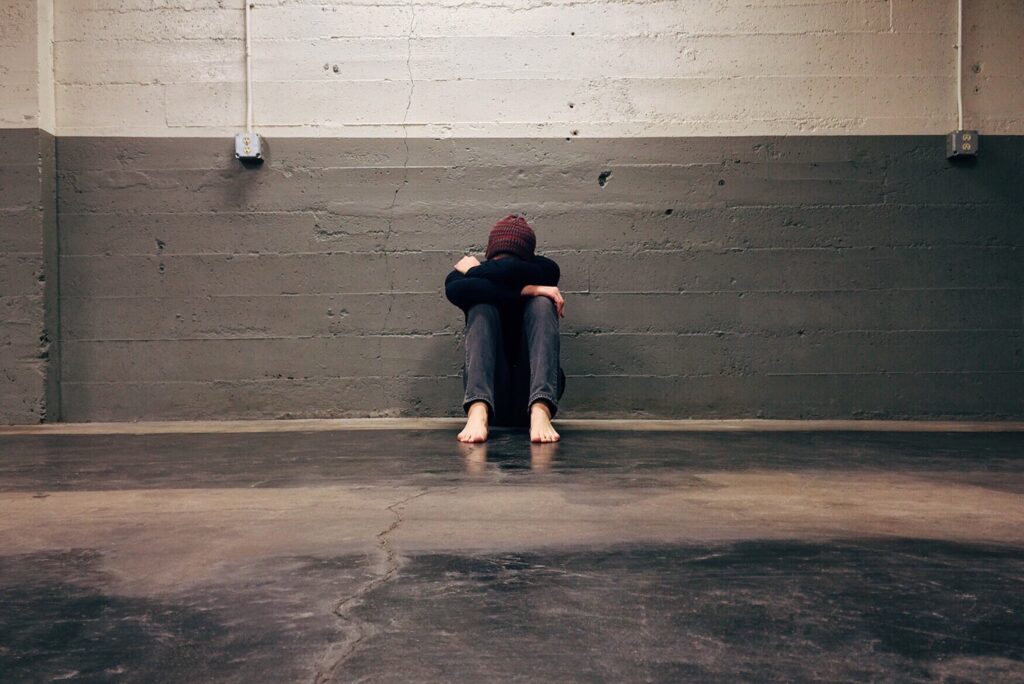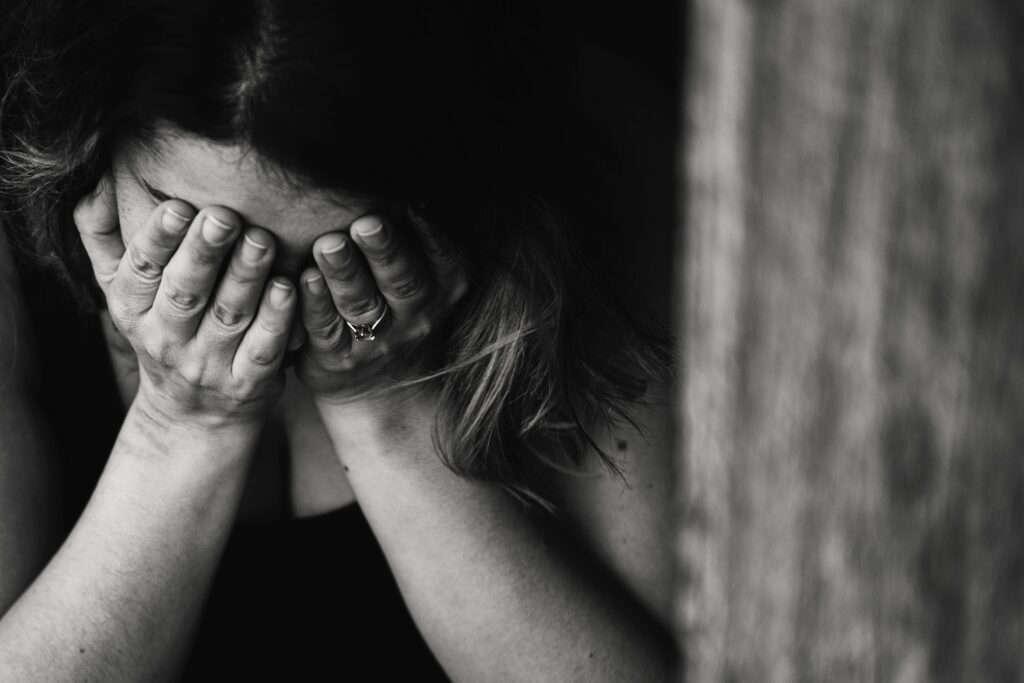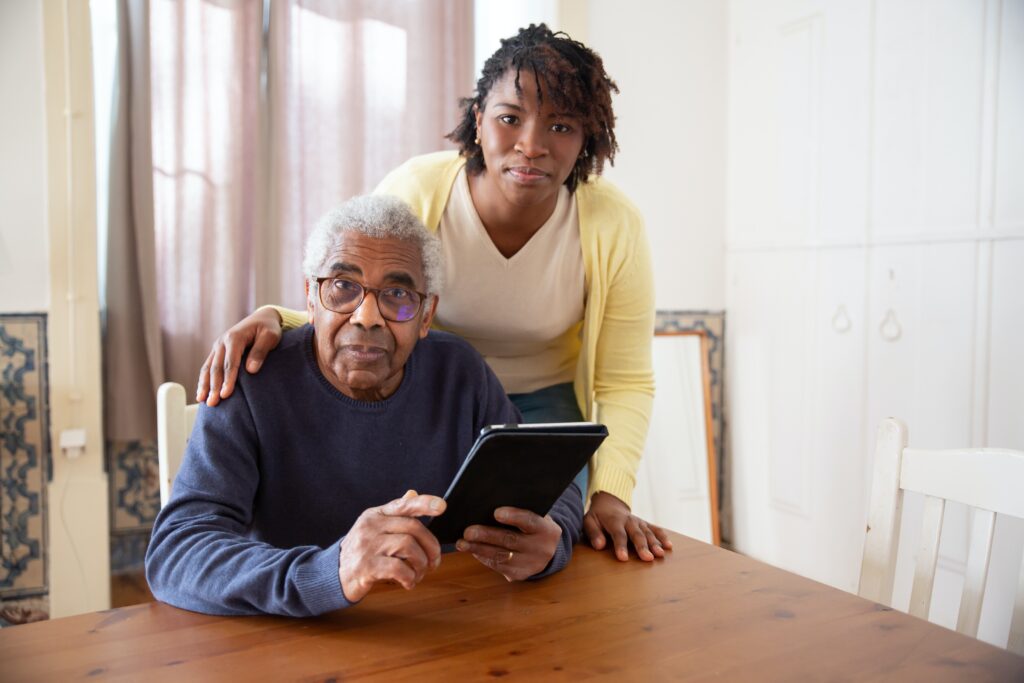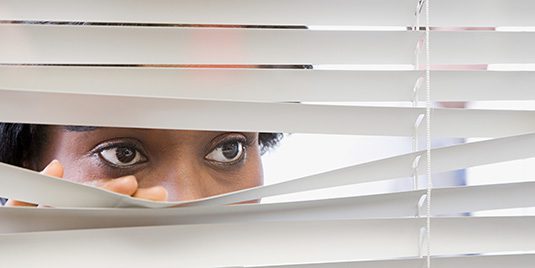There are several healthy and sustainable methods to manage anxiety. But here’s what NOT to do when feeling anxious.

Anxiety may be one of the most unpleasant emotions we experience, but that does not always make it bad for us.
I once attended a lecture by Yale childhood anxiety expert Dr. Eli Lebowitz, who pointed out that there would be a lot less crime and impulsive acts committed if some people experienced a little more anxiety. After all, anxiety is nature’s way of getting us to pay attention to the future and think twice before we act. It is only when some of us stop to think a fourth, fifth, or sixth time and endlessly worry about the consequences that it becomes a problem.
Lately, I have wondered if it is possible to give oneself an anxiety disorder. While most mental health disorders have a basis in biology, behavior and environmental factors also play a role. The strange thing about anxiety is that in trying to avoid it you often make the problem worse. Your habits and surroundings have a real impact on your mental health and can make all the difference between whether you experience anxiety as an ordinary emotion or something more like a disorder.

Excess Anxiety
Everybody has anxiety. I have it, too. While I cannot imagine what it would be like for anxiety to rule my life the way it does for some people, there have been times when it was a problem for me. I’m not sure at what point a problem becomes a full-blown disorder, but last year, for the first time in my life, I felt I might be getting close.
It started with a feeling of shadowy dread whenever I thought about some unpleasant task on the horizon: a social event with lots of strangers, public speaking engagement, or trip to an unfamiliar place. Just nerves, I told myself, as I took comfort in a glass of wine, promising myself some extra alone time after I was done.
Then I noticed it creeping into my daily routines as I dealt with the ordinary challenges of life: bills to pay, deadlines at work, a family to take care of, problems with the house and cars. Faced with paralyzing worry, I would suddenly become aware that my heart was racing, my stomach knotted, and I’d pour myself another glass of wine.
Temporary Relief vs. Long-Term Solutions

Alcohol really seemed to help, as did mindless entertainments, avoidance of stressful situations, procrastination, and in a strange way, worrying itself.
These coping mechanisms provided temporary relief. But in the long run, they only seemed to make it worse. I realized that far from curing my anxiety, these practices and habits were fueling it.
Once I realized that, I took stock of my behavior and started making changes. I stopped drinking alcohol and cut back on caffeine, paid more attention to exercise and diet, and, perhaps most importantly, came up with a plan for dealing with all the little annoyances in my life that were weighing me down.
Two months later, I still experience the racing heart, but it happens much less frequently and without that feeling of dread I felt before. For this post, I was going to write a list of things that helped me recognize and manage my anxiety. But there are already so many of those on the Internet, and my story is not so much about how I recovered, as how I nearly made myself sick. It is in this spirit that I offer the following “how-to” tips for allowing your anxiety to get the better of you.
How to Get an Anxiety Disorder
#1 Self-Medicate with Alcohol
Alcohol is much easier and cheaper to obtain than antianxiety medications and does not need to be taken under a doctor’s supervision. Unfortunately, it is also addictive and can lead to other problem behaviors that may, in the long run, increase your stress. For other people, gambling, food, sex, or shopping may be their medication of choice.
#2 Practice Never-Mindfulness
Mindfulness is a mental state, which involves focusing awareness on the present moment and accepting your inner thoughts and feelings, and sensations of the outer world. “Never-mindfulness” is an attitude that allows you to ignore all that and obsess over things you did in the past, worry about the future, ignore your emotions, and wish you were anywhere but in the present space and moment.
#3 Deprive Yourself of Sleep
Not enough hours in the day to accomplish everything you need to do? Drink more coffee and other caffeinated beverages to sleep less and increase your short-term productivity. This approach may work for twenty-year-old college students with a paper due the following morning. Over the long run, however, it will wear you out, making you more vulnerable to stress and anxiety, and less productive than you were before.
#4 Cut Down on Exercise
Studies show that exercise is great for reducing fatigue, improving alertness and concentration, and increasing overall resistance to stress. So if you’re looking for a boost to your anxiety, eliminate exercise from your weekly routine and let the worrying begin.
#5 Think Negative
Positive thinking is a great way to find inner peace and influence others, but if you really want to amp up the anxiety, stick to the negative. Automatic negative thoughts such as personalization (“My daughter didn’t make the team, I’m such a lousy parent”), catastrophizing (“If I don’t get an A, I’m going to fail this course and get kicked out of school”), and mind-reading (“She didn’t say ‘good morning,’ she must be mad at me”), have a powerful influence on emotions and behavior that can heighten your anxiety.
#6 Avoid Stressful Situations
This one is confusing. If you want to make yourself sick, you should avoid exposing yourself to more of what causes the sickness, right. Wrong.
Avoiding stress can actually make you more vulnerable to it, kind of like living in a sterile environment and not getting the antibodies you need to develop an immunity. By controlling your environment to minimize unwelcome intrusions from the outside world, you can virtually guarantee an upsurge of anxiety when reality rears its ugly head and a stressful event actually occurs.
#7 Don’t Get Help
In 2015, only 43 percent of adults with mental illness received any form of mental health treatment or services. By not seeking help, you would be like most other Americans who live with anxiety.
How to Protect Yourself from Anxiety’s Harmful Effects
Of course, no one really wants an anxiety disorder. People may get stuck in patterns of behavior that reinforce anxiety and fail to see they have a problem. That’s a shame because anxiety is one of the most treatable of all mental health disorders, and by seeking help you can actually reduce its troubling symptoms and get more enjoyment and satisfaction from your life.
Not doing the things on my “how-to” list can go a long way to protect you from the most harmful effects of anxiety:
- Avoid alcohol and other harmful substances;
- Practice mindfulness;
- Get good rest;
- Exercise regularly;
- Think positively;
- Expose yourself to stress in safe and measured doses; and
- Seek help if you need it.
For those interested in seeking help, cognitive behavior therapy (CBT) is an evidence-based practice that is effective in the treatment of anxiety, depression, and other mental health disorders. In CBT, a skilled therapist can help you understand the negative thoughts that contribute to anxiety so they no longer have such power over your life. Antianxiety medications may also help, though they are most effective when combined with another form of treatment, such as CBT.
I am fortunate not to have to fight an ongoing, lifelong battle with anxiety. Others in my family do, and although we share much of the same genetic material, factors such as individual biology, life circumstances, personal choices, and pure luck have led to different paths for each of us.
As Dr. Lebowitz pointed out in that lecture I attended, anxiety is not all bad. In many ways, it protects and helps us. What we do with our anxiety and how we manage it can make a world of difference in our lives.
Here are some internal link suggestions based on the sitemap provided earlier:
https://www.who.int/news-room/fact-sheets/detail/depression
https://www.mayoclinic.org/diseases-conditions/anxiety/symptoms-causes/syc-20350961)

